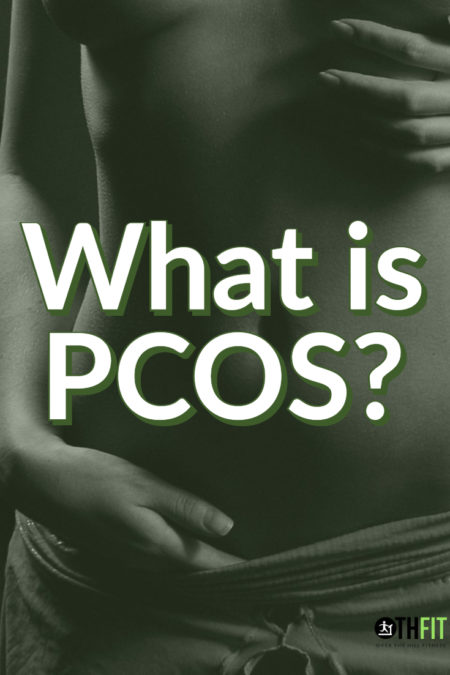
What is PCOS?
The Basics
PCOS is the abbreviation for Polycystic Ovary Syndrome. It is very common and in the US, between 6% and 12% of women in their childbearing years, or around 5 million women, have PCOS. I am one of those women.
PCOS is a hormonal imbalance that can cause issues with menstruation, infertility, and excess male hormones leading to several difficult symptoms. It gets its name from the cyst-like small follicles that may form on the ovaries.
The Symptoms of Polycystic Ovary Syndrome
Many women will start experiencing symptoms concurrent with their first menstrual cycles. Other women may not have symptoms until later. They may start after pregnancy or, sometimes, after a large weight gain.
- Trouble with Periods – Periods may be infrequent, completely absent, or last a very long time. When you do have a period, it may be very heavy with a lot of cramping. Irregularity with menstruation is the most common symptom.
- Excess Hair – Because of the higher levels of male hormones (androgens), you may develop facial hair and excess body hair. It may be thick and dark. It is sometimes on the chest, stomach, and back as well as the face.
- Acne – Again, those androgens can wreak havoc with your body and severe acne may develop. It can be cystic and painful.
- Thinning Hair/Male Pattern Baldness – While you may grow more hair than you want on other body parts, the hair on your hair can thin or even fall out.
- Weight Gain – This one is somewhat controversial because often, physicians will assume that one has PCOS symptoms because they are obese and not consider that someone is obese because they have PCOS.
- Infertility – Because the function of the ovaries is compromised, perhaps because they are polycystic, and the normal reproductive cycle is absent, it can be difficult to become pregnant if you have PCOS. It is not; however, impossible for the majority of women. PCOS also raises the chance of miscarriage or premature birth.
- Long-Term Health Impacts – Women with PCOS have a greater chance of developing diabetes, heart disease, high blood pressure, high cholesterol, endometrial cancer, and depression over the long-term. It is very important to see a doctor to manage PCOS symptoms.
Causes of Polycystic Ovary Syndrome
Doctors are not sure what exactly causes PCOS; however, there are several things that most likely contribute to it.
- Too Much Insulin – Many women with PCOS are insulin resistant. We use insulin to process sugar. If you are resistant to it, your blood sugar levels get higher and your pancreas then produces more insulin. This over-abundance of insulin is thought to increase the production of male hormones.
- Inflammation – There is research showing women with PCOS have low-grade inflammation. This causes the ovaries to produce the androgens that contribute to PCOS symptoms.
- Genetic – Many researchers believe that there is a genetic piece to PCOS.
PCOS Treatment Options
Currently, there is no cure for PCOS; however, there are treatments available to manage the symptoms. Some of the most frequent doctor-recommended treatments include:
- Dietary changes – Many women with PCOS are obese, although not all. Losing weight has been shown to significantly reduce the symptoms of PCOS. It should be noted that weight loss only reduces symptoms it does not cure PCOS. Your doctor will likely recommend a diabetic or low carb diet. Some are now recommending a ketogenic diet, not only can keto aid in weight loss, but it often helps lower inflammation in the body because you are not eating foods that contribute to it.
- Medications – Hormonal birth control pills are often prescribed to help regulate estrogen levels and decrease the production of male hormones. You may also be prescribed Progestin. This will help regulate your periods and give you increased protection against endometrial cancer. It does not prevent pregnancy or reduce androgens.
- Regulate Ovulation – This is accomplished by several different medications. You may be prescribed Clomid, Femara, or Gonadotropins. A very common medication for PCOS is metformin, it helps prevent diabetes from developing by improving insulin resistance. It may help you lose weight which in turn helps regulate ovulation.
- Treat Excessive Hair Growth – There are medications that can be prescribed, electrolysis is helpful for many women although if your hair is especially thick and dark it may take many sessions and ultimately may not give you the results you are looking for. Many women regularly shave, wax, or bleach facial hair. I personally shave once or twice a day.
- Treat Other Symptoms – There are medications and treatments available for acne and male-pattern baldness. If you have depression or anxiety those should be treated by a mental health professional.
Recommended Book About PCOS
My Personal PCOS History
I was diagnosed with PCOS when I was 20 and trying to get pregnant. I had not had a period since I was 17. Unfortunately, I was one of the women (in the minority) that was never able to successfully conceive and carry a baby to term. I had 5 miscarriages and many treatments but ultimately it wasn’t in the cards.
I was a very thin teenager but in my early twenties, I gained about 80 pounds without any real change to my diet or exercise habits. Over the years, when I would lose weight some of my symptoms would get better. I was never able to ovulate on my own and I never had periods without medical intervention. Because of this, the lining of my uterus was very thick and pre-cancerous. I had a hysterectomy in 2018.
Over the last 18 months, I have lost about 85 pounds following a ketogenic diet. For the first time in my adult life, my blood work indicates that I do not have low-level inflammation, my cholesterol is under control, and my blood pressure is normal.
I had been diagnosed with Type 2 Diabetes but my Dr. advises that I can consider it in remission. I really feel that I owe this to following the keto diet. However, although I feel much better, I still have PCOS.
I still shave my face daily, sometimes twice. I also have to shave my stomach. My hair is thinner than I’d like, and prior to my hysterectomy, I still never ovulated, even at a healthy weight.
PCOS Support
PCOS can be difficult and heartbreaking. It is so important to find a Dr. that listens to you and takes your concerns seriously. I also found that having support from other women with PCOS makes a huge difference in my mental outlook, especially during times when my symptoms are more severe.
Two groups that I found especially helpful are the National Polycystic Ovary Syndrome Association and Soul Cysters. They have great information and being able to hear from and get support from other women is amazing.
If you have any other supports, tips, or information on PCOS you’d like to share, please reach out to me on social media.
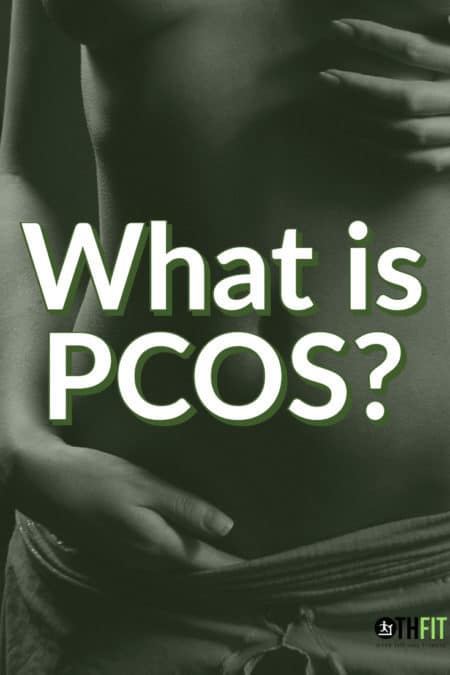
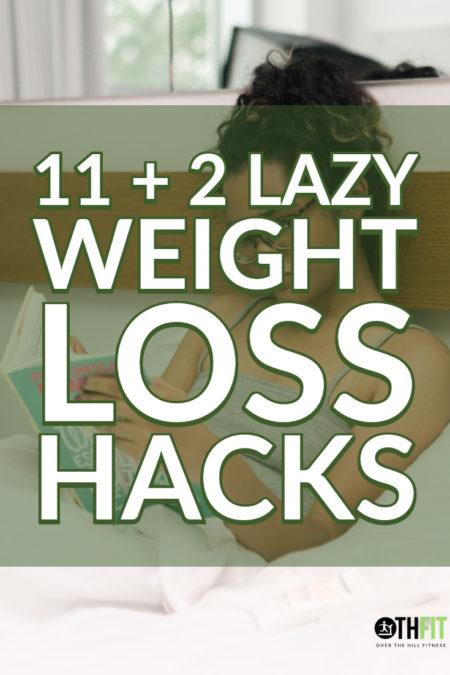


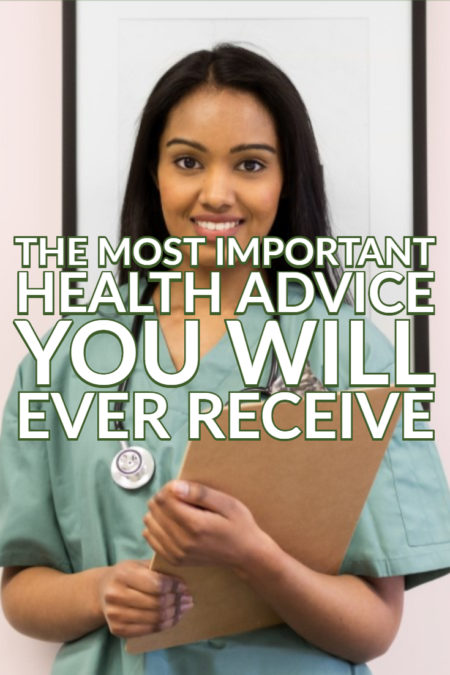

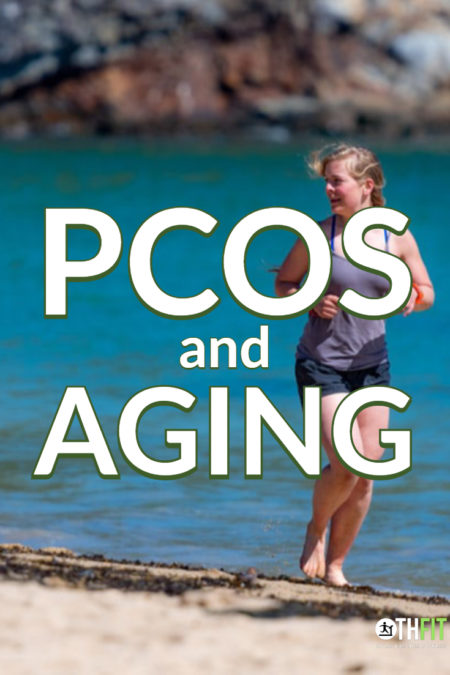
2 Comments
Shantel
Thank you for talking about this important topic! Raising awareness is crucial !
Um Mishael
Thanks a lot for this info. We really need to hear about this more and more often. I have suffered from pcos and did an extensive research about it. I came to that keto diet does help in pcos. So I started ketogenic diet and believe me it worked. I won’t say it completely cured my pcos but it did wonders. I started having reuglar periods and above the cyst that I have in my ovary has somewhat reduced in size. It’s amazing!
On the other side of the note your article is amazing. Thanks again!